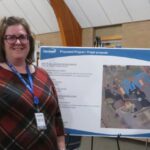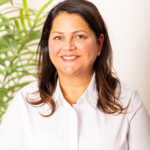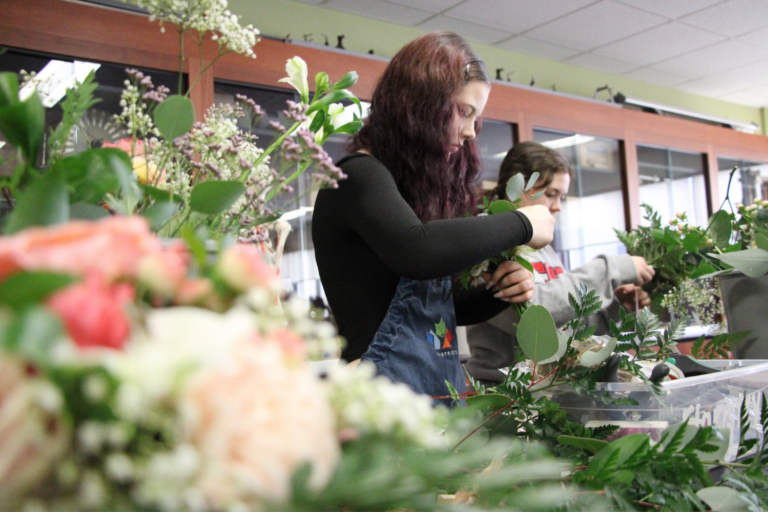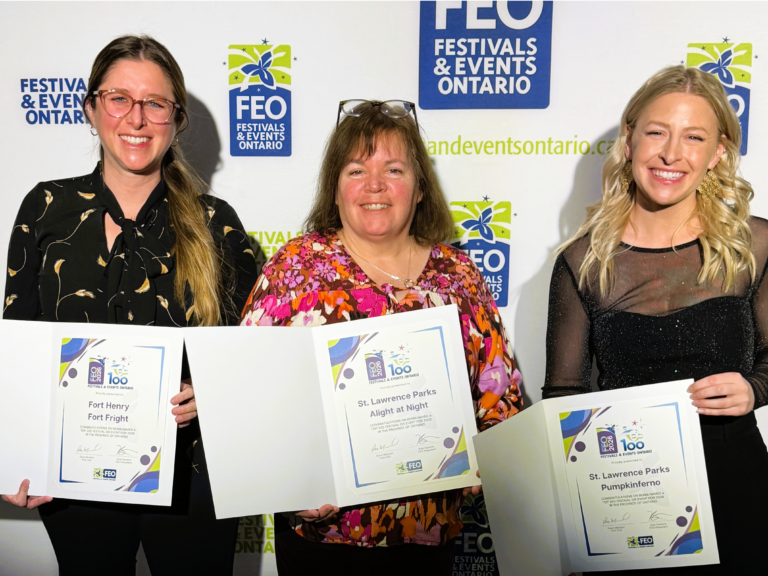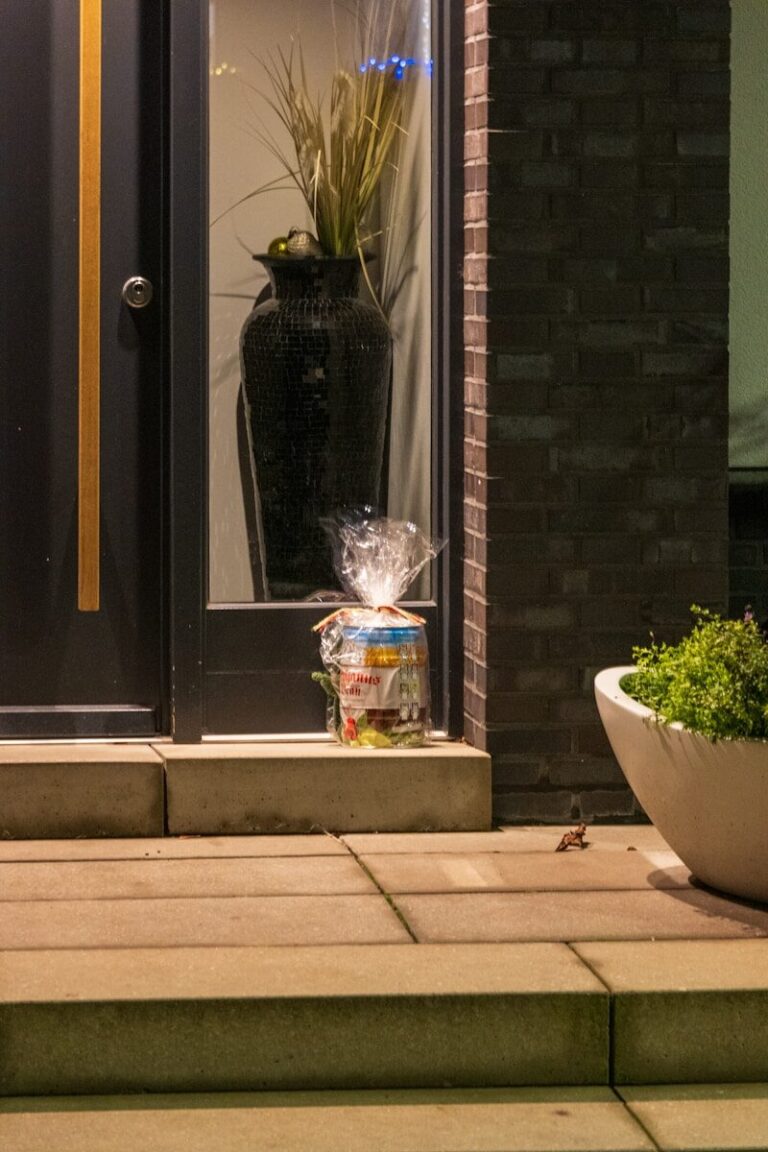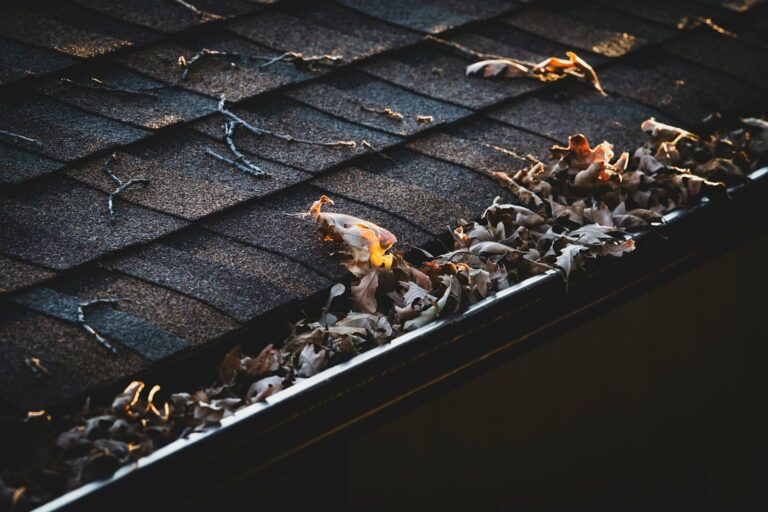
Perth, Ontario – A new collaborative between Watersheds Canada, Mohawk Council of Akwesasne, Raisin Region Conservation Authority, River Institute, and Great River Network will restore shoreline health in the St. Lawrence River Area of Concern (AOC) from 2021 to 2024.
Generously funded by the Great Lakes Protection Initiative – Areas of Concern Program by Environment and Climate Change Canada, this three-year project will support important shoreline restoration in the St. Lawrence River AOC. Through collaboration with local partners and waterfront property owners, 12,500 native species of trees, shrubs, and wildflowers will be planted to restore 12,500-square metres of vital terrestrial and aquatic habitat along 3 kilometres of degraded shoreline.
“Our survey data and experience has shown that the largest barriers faced by shoreline property owners are a lack of knowledge regarding native plant species, and a scarcity of physical and financial resources”, says Chloe Lajoie, Program Manager, Watersheds Canada. “By eliminating these barriers with our Natural Edge Program, more landowners can participate in shoreline restoration activities on their land.”
It has been thirty-five years since the St. Lawrence River at Cornwall was first designated as an AOC in 1987. Over the decades, immense pressure from industry, contamination, and population growth has strained the health of the river and the wildlife that live there. This new project will work towards addressing contributing factors of poor water quality and major shoreline habitat loss experienced within the St. Lawrence River AOC.
This project also contributes to the actions of the Remedial Action Plan to restore the St. Lawrence River (Cornwall) Area of Concern. According to the St. Lawrence River Remedial Action Plan website, the status of an AOC is determined by “assessing the state of local environmental conditions against fourteen different beneficial use impairments, as identified in the Great Lakes Water Quality Agreement”. The delivery of the Natural Edge Program will directly address the legacy issues of ‘Loss of Fish and Wildlife Habitat’ and ‘Eutrophication or Undesirable Algae’ that have contributed to the AOC status for decades.
The Mohawk Council of Akwesasne – Environment Program is a critical partner which will ensure that the Natural Edge Program is effective and locally appropriate.
“Erosion is a well-known issue in Akwesasne, and we are incredibly appreciative of the opportunity to work with such an experienced team of collaborators”, says Abraham Francis, Environment Services Manager, Mohawk Council of Akwesasne. “We all bring our own expertise to the table and will work to improve the shorelines in and around Akwesasne as we seek to fulfill our roles and responsibilities to creation. For us, the shoreline restoration is about more than restoring shorelines – it is about restoring the connection of families to creation and understanding their part in making a healthy relationship. It is through a collective and community grounded approach that we can create this healthy environment in Akwesasne for future generations of Akwesasro:non”.
Eligible waterfront property landowners will receive a free site visit which provides advice and recommendations to improve shoreline health. If planting is recommended, a Shoreline Re-Naturalization Starter Kit can be purchased which includes the creation of a shoreline restoration plan for the property, native plants and materials, as well as education guides on how to maintain shoreline health. Each customized plan will provide detailed descriptions of native trees, shrubs, and wildflowers suitable for planting based on site conditions and landowner preferences. To learn more about what is included in a kit and its cost, please visit naturaledge.watersheds.ca
Once the restoration plan is approved by the landowner, native plants and materials will be ordered and kits will be assembled for landowner pick-up. If landowners want assistance with planting, Natural Edge staff will do the planting for an extra fee.
“Shoreline restoration is an important factor in preserving the aquatic habitats that support the health of the ecosystem,” says Dr. Leigh McGaughey, Research Scientist, River Institute. “Through Watersheds Canada and their partners, this program provides friendly guidance for landowners who are interested in naturalizing their shorelines.”
Landowners with waterfront property in need of restoration along the St. Lawrence River on the Ontario portion of the Akwesasne Territory and along Lake St. Francis are eligible to participate in this project. If you are interested in learning more about the project or connecting with project staff for a confidential free site visit, please contact Tanice Jock at [email protected]
About Watersheds Canada Watersheds Canada is a federally incorporated non-profit organization and registered Canadian charity committed to providing programs to communities across the country that work to engage and help shoreline owners enhance and protect the health of lakes and rivers.
About Mohawk Council of Akwesasne Mohawk Council of Akwesasne (MCA) is the official governing agency of the northern portion of the Akwesasne Mohawk Territory. It is a community government, which is elected by the residents of the Mohawk Community of Akwesasne.
About Raisin Region Conservation Authority Raisin Region Conservation Authority (RRCA) is one of Ontario’s Conservation Authorities. RRCA guides the community in the protection, enhancement and restoration of our natural environment through programs that balance human, environmental and economic needs for a sustainable future.
About River Institute River Institute is a non-profit, charitable organization dedicated to research, education and community outreach on the St. Lawrence River and its tributaries. It is a non‐government organization established in 1994 as a unique community partnership among governments, educators, business and industry, and the Mohawks of Akwesasne.
About Great River Network The Great River Network is an environmental hub comprised of over 50 river-related organizations, agencies and volunteers who organize initiatives to improve the environment of the Upper St. Lawrence River.




